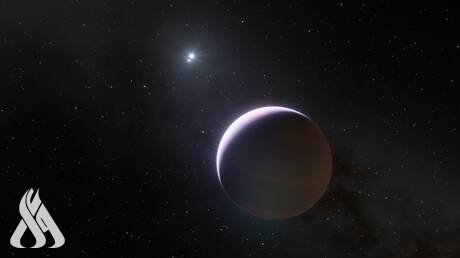
New record to Earth for the shortest day, less than 24 hours

- 3-08-2022, 22:00
INA – SOURCES
Using atomic clocks, scientists have recorded a day in which the Earth completed a rotation in 1.59 milliseconds less than 24 hours.
Scientists have recorded Earth's shortest day since its rotational period began to be recorded with highly precise atomic clocks: On June 29, 2022, Earth's spin was completed in 1.59 milliseconds less than 24 hours.
A day lasts 24 hours because the Earth completes a full spin on its axis roughly every 8,640,000 milliseconds. In the short term, this speed can fluctuate by factions of a millisecond from day to day. This means that the length of a day can vary, but only usually by a tiny amount.
In December 2020, the website Time and Date reported that during that year the Earth had experienced its 28 shortest days since scientists began measuring the length of a day with atomic clocks in the 1960s.
July 19, 2020, was a record-breaking short day that year with Earth completing a rotation in 1.47 milliseconds under 24 hours. The record remained unchallenged during 2021 before being broken by a minus 1.59 millisecond day on June 29, 2022.
July 19, 2020, would not stay in the second-fastest day placement for long either. Just a month after the record for the fastest day was shattered, that second place day was once again dethroned further when Earth experienced a -1.50 millisecond day on July 26, 2022.
Scientists have several ideas regarding what could be causing Earth to suddenly begin speeding up its rotation and shortening its days. These ideas can involve processes in the planet's inner or outer layers, oceans, tides, or even its climate.
US Central Command: We killed ISIS terrorist leader Abu Yusuf in Syria
- International
- 24/12/20
Liverpool compete with Real Madrid to sign Olympique Lyonnais star
- Security
- 24/12/19
ISC, ADX discuss Strengthening Economic Ties
- Economy
- 24/12/16
Iraq assumes presidency of Arab Investment Company’s Executive Board
- Economy
- 24/12/17












